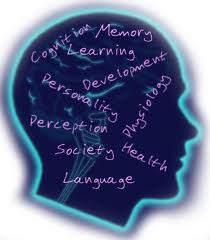Real world problems are ill-defined, to be able to solve them, requires the ability to analyse the problem and identify the solution. All problems have three components: (Ormrod, 2008).
- Goal
- Givens
- Operations
"Learning is driven by challenging, open-ended problems" (Norman, 2008, p.61).
Click here to see Guides for studying and learning.
Problem-based learning usually involves working in small groups, interactive discussion, and facilitated by a trainer. It is used in leadership training and development.
Characteristics of Problem-based learning in leadership development; (Yoe, 2007, p. 881).
- Guided action
- Problem Definition
- Open Communication
- Reflection
- Resource Utilization
- Knowledge Sharing
- Investigation


Belinda,
ReplyDeleteYour blog looks wonderful. I am sharing this link with my daughter and her friends in nursing school! I especially liked the study tips link! Dama
Thanks Dama,I was amazed at all the study guides and memory games there are available on the web to promote memory retention and recall.
DeleteBelinda,
ReplyDeleteYou have done an excellent job on your blog! I had to pull myself away from the guides for studying and learning. I loved going through the different categories to pick from.
Jan L.
Jan,
DeleteThanks for the feed-back. There are so manhy brain training aids and study guids available on the web. I learned a great deal working on this project.
Belinda,
ReplyDeleteI also enjoyed the web site you linked to. I like the way you explained the history of problem-based learning.
Christine Moss